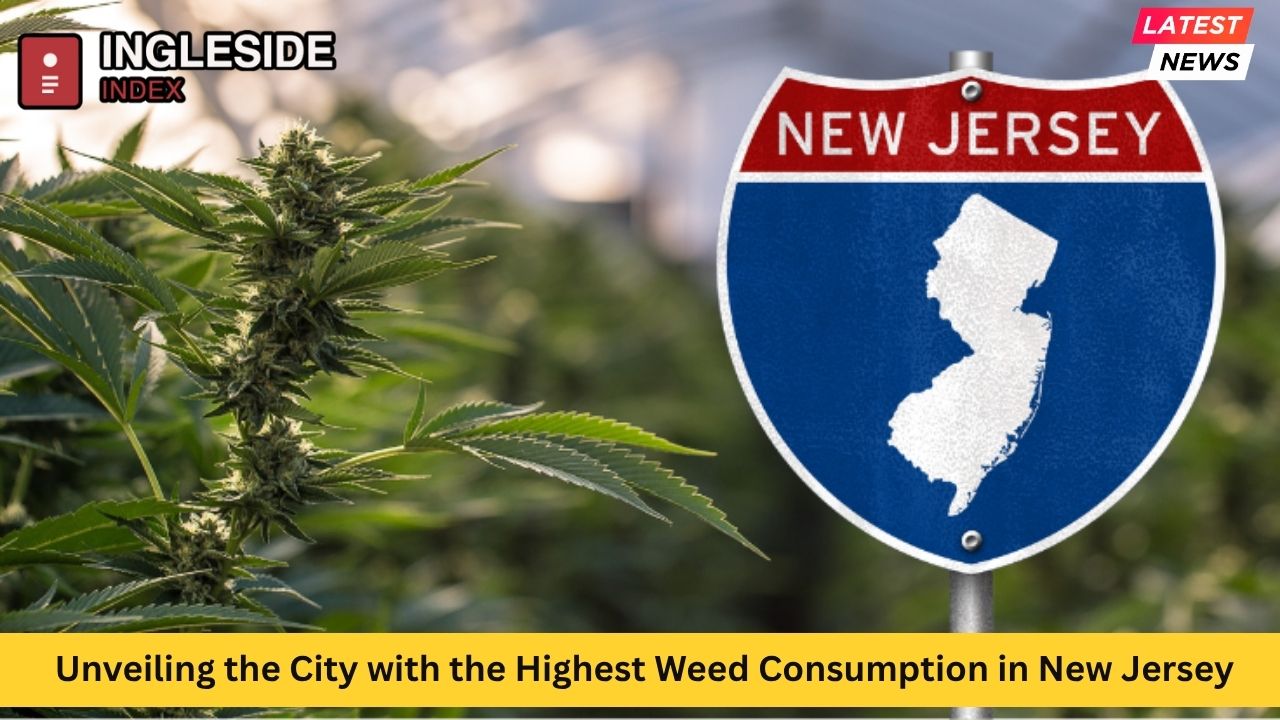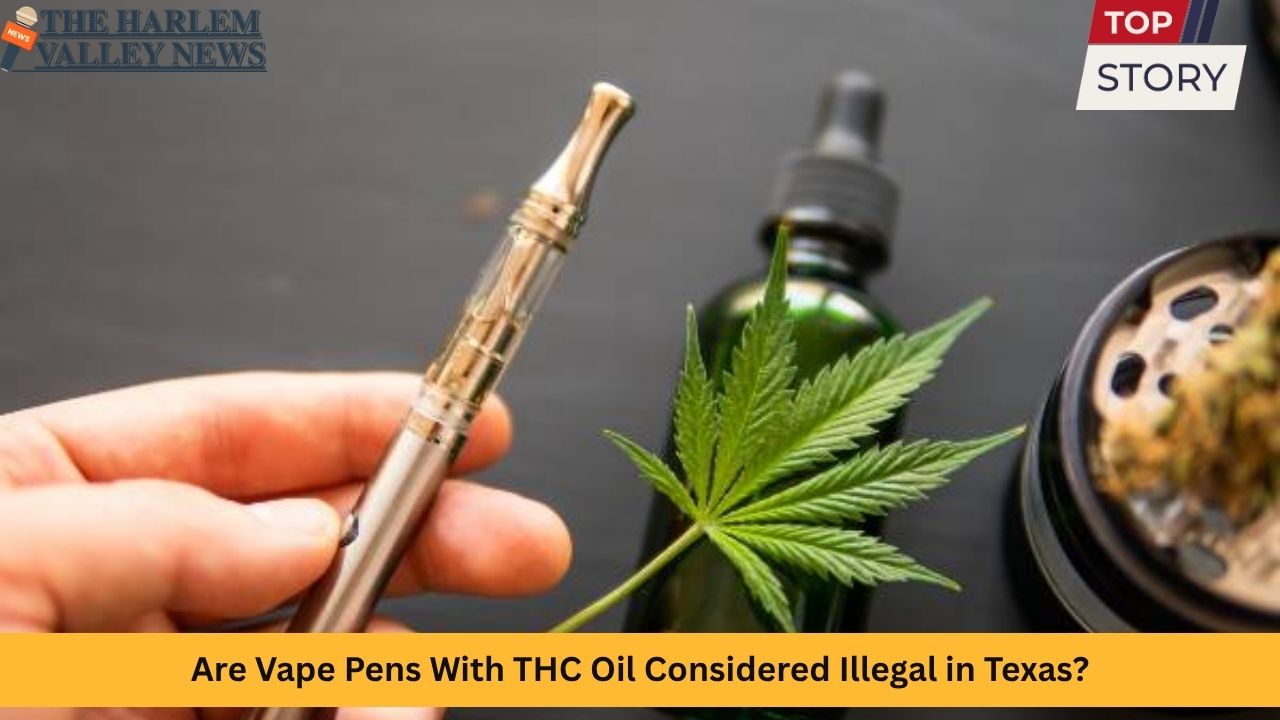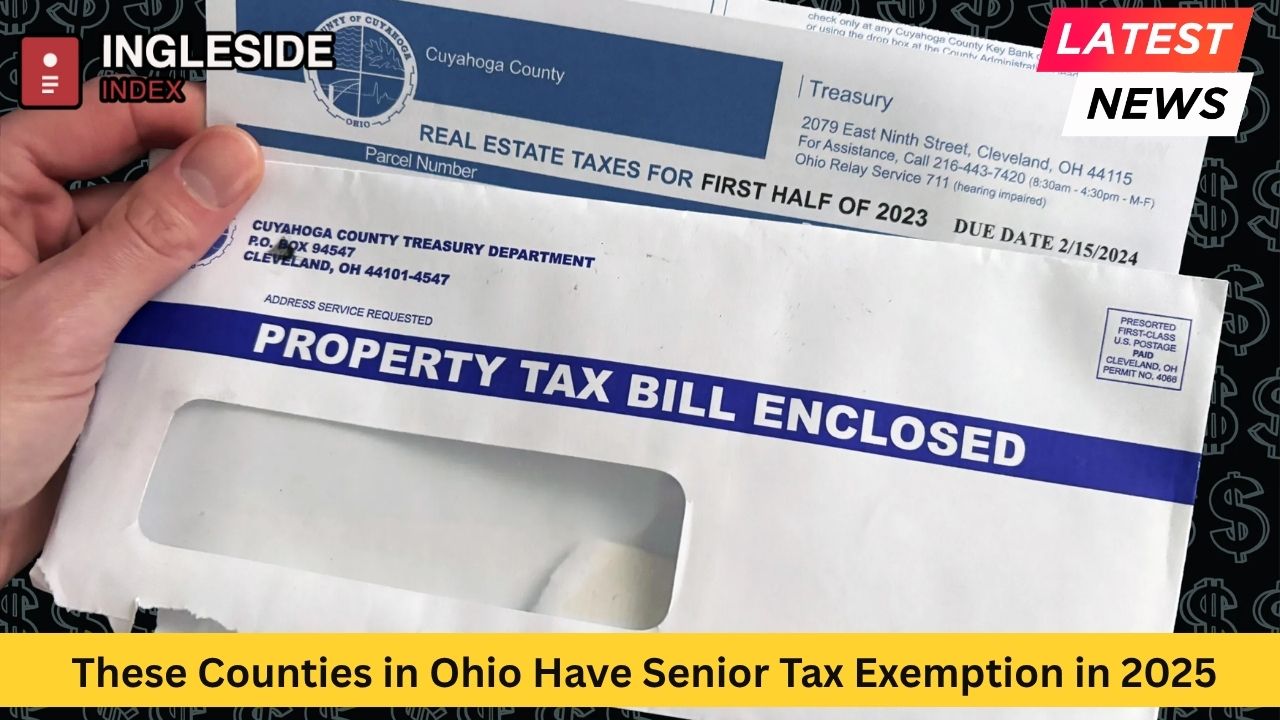Cannabis culture has taken New Jersey by storm in recent years, transforming the Garden State into one of the leading markets on the East Coast. As laws shifted and dispensaries opened their doors, New Jersey residents from bustling northern cities to coastal towns embraced the new era. But amid this statewide green rush, a question persists: Which city tops the charts for weed consumption in New Jersey?
This comprehensive exploration will unveil the top city, provide a deep dive into the state’s cannabis landscape, dissect the driving factors behind high consumption, and analyze what this means for the future of cannabis culture across the state.
The Cannabis Revolution in New Jersey
New Jersey’s journey with cannabis has moved at a rapid pace. For years, advocates pushed for reform to overturn decades of prohibition, culminating in a pivotal statewide referendum. The majority of voters approved adult-use legalization, setting into motion a cascade of legislative change and policy development. By April 2022, recreational sales were officially permitted, marking a new era for both consumers and entrepreneurs. This legislative shift didn’t just change laws—it changed lives, economies, and social attitudes.
Legal Framework: How Cannabis Became Mainstream
Following legalization, New Jersey’s Cannabis Regulatory Commission was tasked with overseeing the launch of recreational sales. Adults aged 21 and older could legally possess up to 6 ounces of cannabis, triggering a surge in demand. The Commission also established guidelines for dispensary licensing. By mid-2025, the number of licensed dispensaries surpassed 190, with both medical and recreational locations dotting the state.
Taxes on cannabis provided significant revenue streams, with billions in projected annual sales. And perhaps most importantly, new laws allowed for expungement of many previous marijuana arrests, directly addressing the social justice impact of prohibition.
The Growth of Dispensaries: A City-by-City Breakdown
While recreational cannabis was legalized statewide, not all municipalities embraced the new industry. In fact, only about 28% of cities allowed cannabis retailers within their borders. Many towns opted out, while others waited cautiously or debated the economic and social merits. As a result, dispensaries—and the surge in legal weed purchasing—became concentrated in particular hubs.
Surveying the landscape of cannabis retail in New Jersey, several major cities stand out:
-
Jersey City: Leads the state with the highest number of licensed dispensaries.
-
Newark: Consistently ranks among the top for weed consumption per capita.
-
Atlantic City: Surged in popularity as the most weed-friendly shore destination, with consumption lounges and a growing number of retail outlets.
-
Camden, Bloomfield, Franklin Township, and West Milford: Emerged as regional hotspots with several dispensaries and active consumer bases.
The City with the Highest Weed Consumption: Newark
According to recent national consumption rankings, Newark takes the title as the city with the highest weed consumption per capita in New Jersey. The city stands out for its significant cannabis culture, robust dispensary presence, and high demand for both medical and recreational products.
Why Newark?
A combination of factors makes Newark a cannabis capital:
-
Population Size: As the largest city in New Jersey, Newark’s diverse urban population naturally generates high demand.
-
Dispensary Access: A growing network of accessible dispensaries encourages legal purchasing.
-
Cultural Acceptance: Newark has embraced the changing attitudes around cannabis, with residents eager to explore both medical and recreational options.
-
Proximity to New York City: Its location makes Newark a draw for metro-area consumers seeking New Jersey’s well-regulated market and, until recently, more favorable prices and product availability.
Cannabis Consumption Patterns: Stats and Insights
The numbers paint a clear picture of New Jersey’s rising cannabis culture:
-
Sales Growth: Legal cannabis sales surged past $1 billion in 2024—a 25% jump over the prior year.
-
Market Size: Over 800,000 prospective recreational users are estimated in the state, indicating a vibrant market.
-
Retail Expansion: Dispensaries in Newark, Jersey City, and Atlantic City see significant customer volumes, with lines often forming outside popular locations during peak times.
-
Per Capita Consumption: Newark leads New Jersey, with per capita consumption levels placing it among the top weed-consuming cities nationwide.
Atlantic City: An Up-and-Coming Contender
While Newark currently holds the crown for highest weed consumption, Atlantic City is emerging as New Jersey’s most cannabis-friendly tourism destination. As the only Jersey Shore city to openly embrace retail and consumption, Atlantic City’s cannabis scene is flourishing.
The city is pioneering new experiences, including cannabis consumption lounges and beachside dispensaries, aiming to capitalize on both local and tourist interest. The goal is clear: to create “the Vegas of weed” on the Atlantic coast. This strategy has positioned Atlantic City to challenge Newark in the near future for the title of cannabis capital.
Social and Economic Impact
The rise in legal weed consumption has had profound effects on Newark and other high-consumption cities:
-
Job Creation: The cannabis industry has added thousands of jobs across New Jersey, from retail associates to logistics and compliance specialists.
-
Tax Revenue: Cannabis excise taxes flow to both state and local governments, funding social programs, schools, and public health initiatives.
-
Social Justice: Newark, with its history of disproportionate marijuana enforcement, has benefited from expungement campaigns and reinvestment in impacted communities.
The Role of Impact Zones
Legislation directs a significant portion of cannabis tax revenue to “impact zones”—municipalities with higher rates of unemployment, crime, and historical marijuana-related arrests. Newark sits squarely within this category, ensuring that the proceeds from cannabis support community services, training, and economic revitalization. These programs help to address past harms and build a more equitable industry.
Changing Demographics and Cannabis Acceptance
The adoption of cannabis is not limited to any one demographic. In Newark and across New Jersey, usage spans all ages, cultures, and income levels. While young adults remain the largest consumer segment, older residents increasingly turn to cannabis for medical and wellness purposes. This normalization is reflected in the diversity seen at dispensaries—everyone from college students to retirees, creative professionals to entrepreneurs.
The Rise of Consumption Lounges
Another innovation driving consumption in Newark and Atlantic City is the introduction of cannabis consumption lounges. These regulated, social spaces allow adults to enjoy cannabis in a communal setting, similar to the model pioneered in West Coast cities. The growth of these lounges is contributing to increased sales, greater cultural acceptance, and a new facet of urban nightlife.
Dispensary Competition and Pricing Pressures
Despite high demand, operators face obstacles. Only a fraction of New Jersey’s cities allow retailers, resulting in fierce competition and clustering of dispensaries in urban centers like Newark. High taxes and regulatory costs have pushed prices above neighboring states, which at times encourages consumers to cross state lines or seek illicit alternatives. The long-term challenge for Newark and other cities will be to maintain competitive pricing while upholding quality and safety.
Cannabis Tourism: A New Frontier
Cannabis tourism is firmly on the rise, with Newark and Atlantic City at the forefront. Visitors from neighboring states, where laws may be stricter or retail less accessible, flock to New Jersey for its robust selection of products and progressive policies. Hotels, entertainment venues, and tour operators are gradually partnering with dispensaries, integrating cannabis into the broader hospitality industry.
Future Trends and Challenges
As the legal market matures, the landscape will continue to evolve:
-
More Cities Joining In: Municipal bans are already being revisited, with more cities exploring the benefits of retail participation.
-
Product Innovation: From edibles to wellness products, the range of cannabis offerings continues to expand.
-
Social Equity: Ensuring that minority-owned businesses and communities most affected by prohibition participate in—and benefit from—the market remains an ongoing priority.
-
Federal Legalization: Should federal laws evolve, interstate commerce and banking reforms could further reshape the scene, providing new opportunities and challenges for Newark and its peers.
Final Thoughts: Newark’s Reign in the Green Era
Newark has emerged as the undisputed leader in cannabis consumption within New Jersey, cemented by its combination of population, dispensary access, cultural acceptance, and economic momentum. Its experience is a microcosm of broader trends sweeping urban America, where cannabis is not only a business but a community force, transforming everything from justice to jobs to leisure.
While cities like Atlantic City are quickly climbing the ranks as major cannabis destinations—especially for tourism—Newark’s blend of local demand, impactful legislation, and cultural vibrancy keeps it at the forefront for now.
The ongoing evolution of New Jersey’s cannabis scene, with Newark as its epicenter, offers a template for other states and cities as prohibition gives way to acceptance and innovation. For residents and visitors alike, the green era has only just begun, and Newark is leading the way.













Leave a Reply